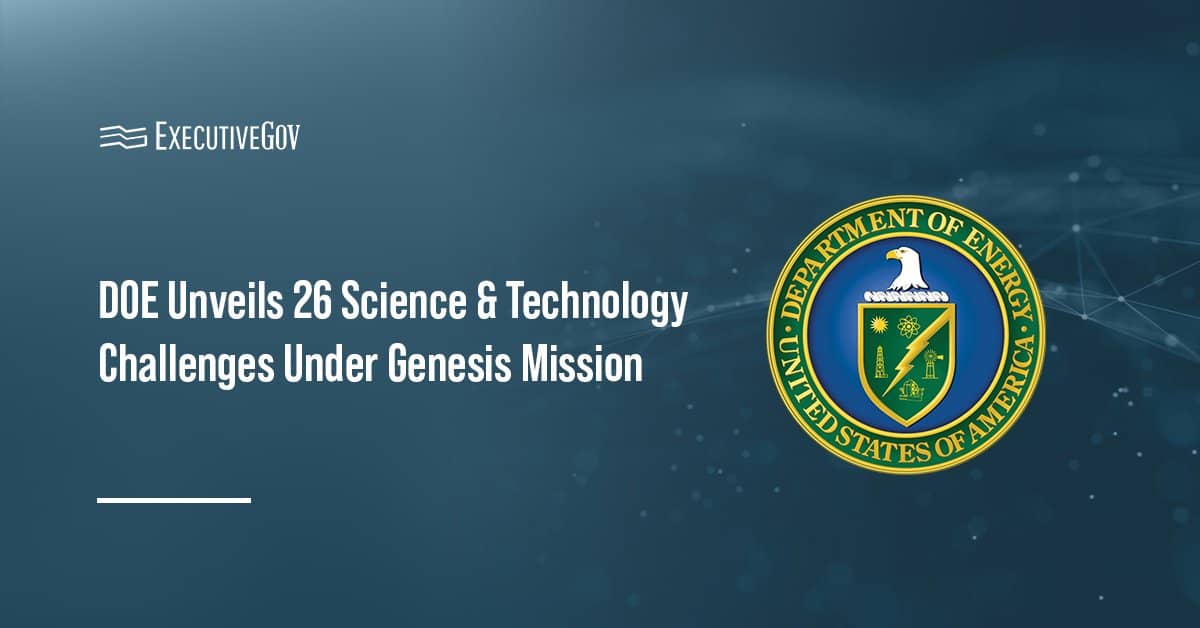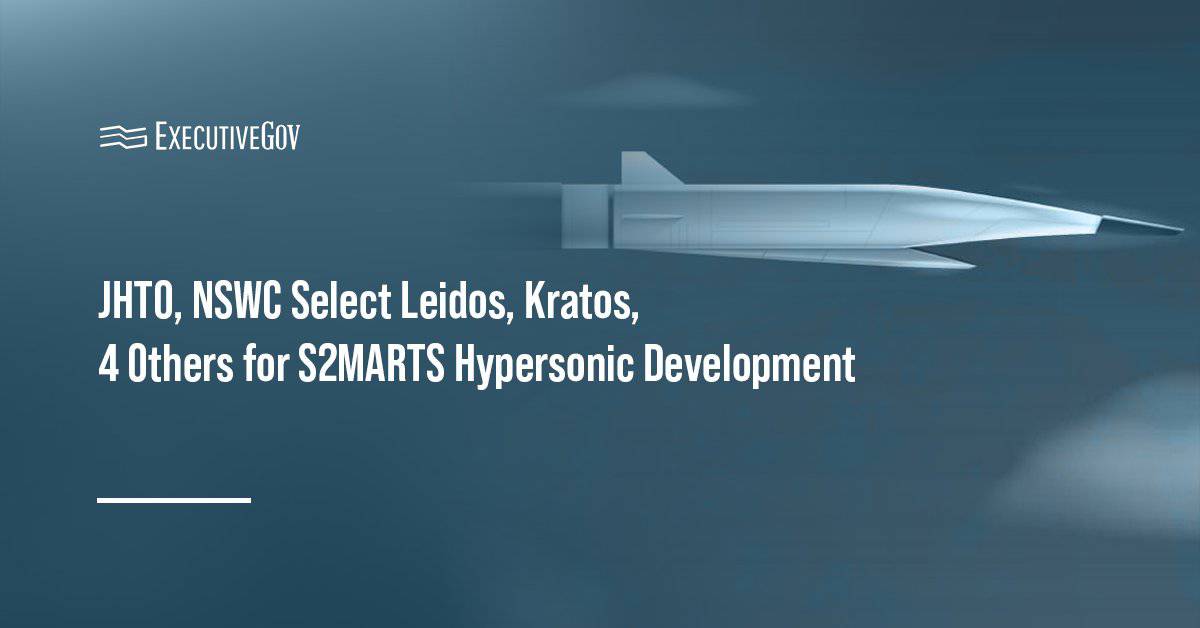Members of the House Energy and Commerce Committee held a hearing to question TikTok’s chief executive over the social media platform’s ties to China and access to data of U.S. application users, The Wall Street Journal reported Thursday.
TikTok CEO Shou Zi Chew told lawmakers on Thursday that the video-sharing app is spending $1.5 billion to establish a firewall to ensure that user data would be stored in the U.S. and managed by a U.S. company.
“Our approach has never been to dismiss or trivialize any of these concerns. We have addressed them with real action,” Chew said.
The CEO also responded to a question about a possible sale of the platform saying the move would not improve security and safety.
The Biden administration recently called on Chinese company ByteDance to divest its stakes in TikTok and warned of a possible ban of the app if it fails to do so.





